Sustainable and integrated water/river basin management
Mountain river basins are critical to ecological health and human livelihoods. Rivers and wetlands provide critical habitat, healthy water systems and biodiversity. Humans rely upon the waters in the Carpathians for agriculture, forestry, pastoralism, mining, transportation and energy production.
The Carpathians are home to the headwaters of several rivers, including tributaries to the Danube River. However, Carpathian river basins and wetlands are threatened by destructive human activities that decrease the water quality, natural structure of the water system, and availability of natural floodplains. Wetlands are one of the most threatened habitats in Europe and many wetland species are also classified as threatened. Pollution from intensive grazing and agriculture, urban settlements, industry and mining lessen the water quality. Changes in land use and river engineering have resulted in loss of floodplains, wetlands and the natural structure of rivers. These changes lead to more severe floods, droughts, landslides and erosion.
Therefore, Parties are required to sustainably use, manage and protect water resources through Article 6 of the Carpathian Convention. This Article seeks to prevent such destructive activities and consequences through various management plans, transboundary partnerships and integrated river basin management policies.
Related Working Groups and Initiatives
Related projects
- BIOREGIO Carpathians – Integrated management of biological and landscape diversity for sustainable regional development and ecological connectivity in the Carpathians
- Carpathian Project – Protection and Sustainable Development of the Carpathians in a Transnational Framework
- JOINTISZA – Strengthening cooperation between river basin management planning and flood risk prevention to enhance the status of waters of the Tisza River Basin
Vienna Programme Office
Secretariat of the Carpathian Convention
UN Environmnent
Vienna International Centre
PO Box 500
A – 1400 Vienna
Tel: +43 1 260 60 83038
Mail: info.carpathianconvention@un.org
TOPICS:
Large Carnivores
Education for Sustainable Development
© Secretariat of the Carpathian Convention
POWERED BY:

